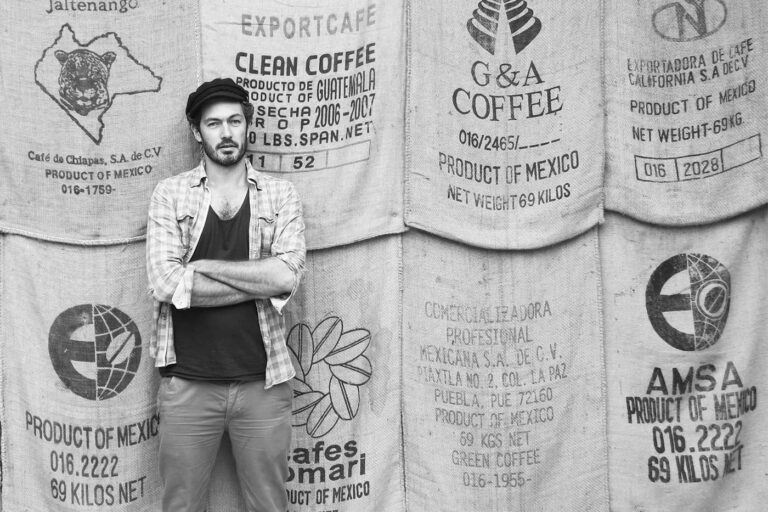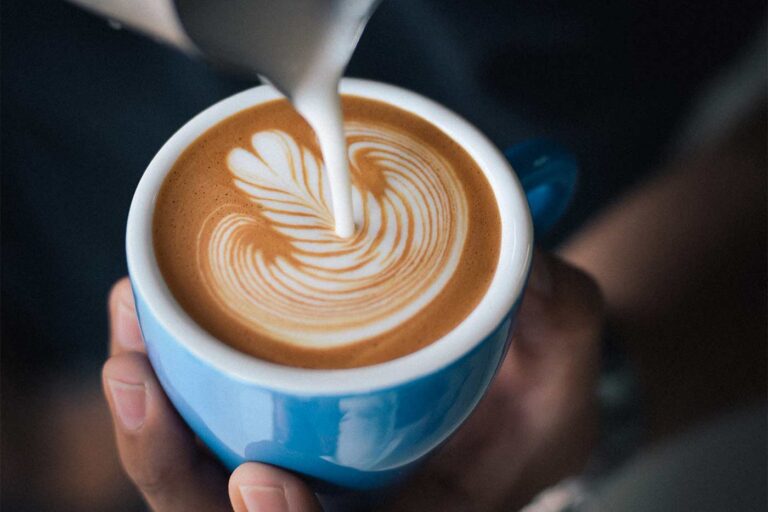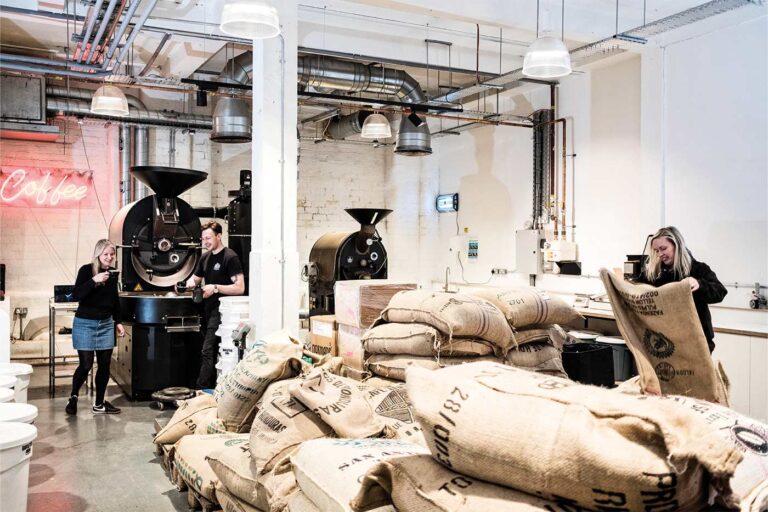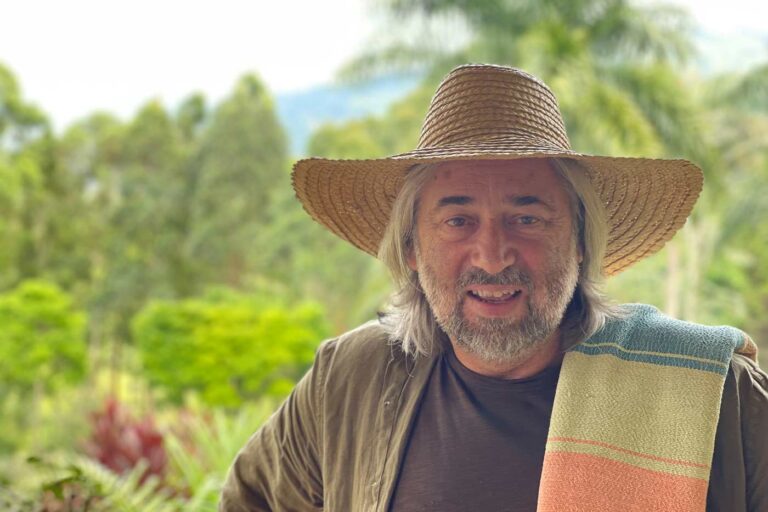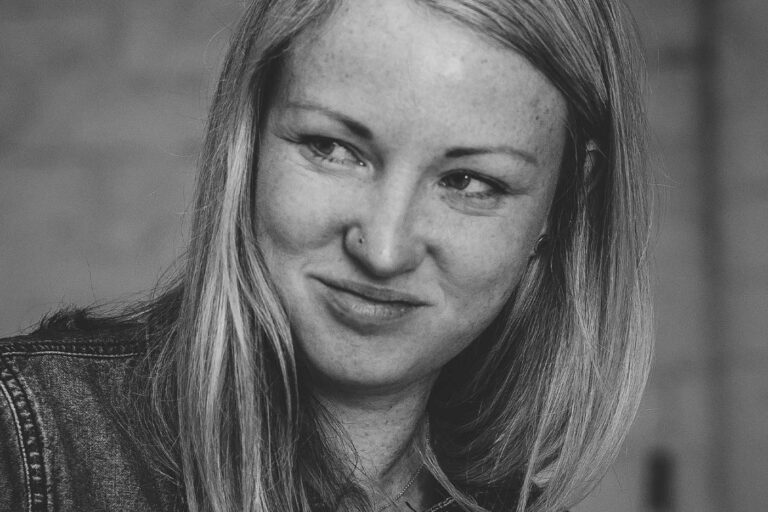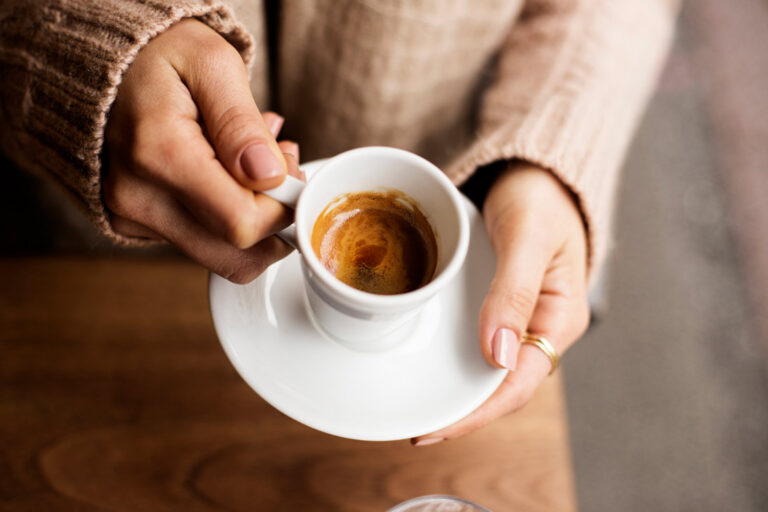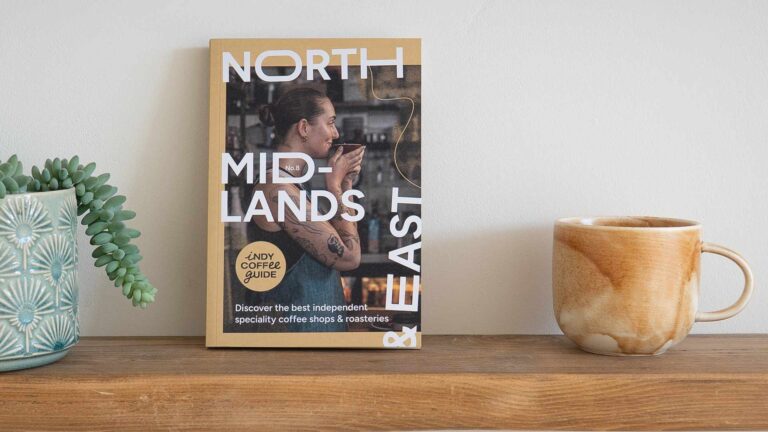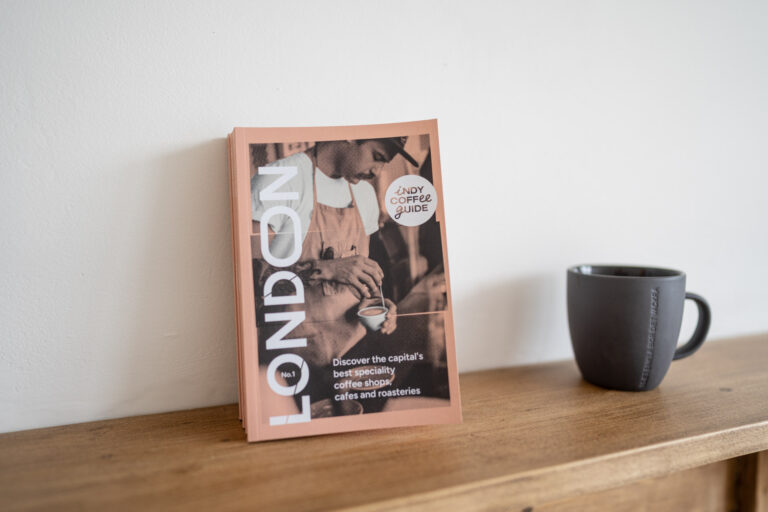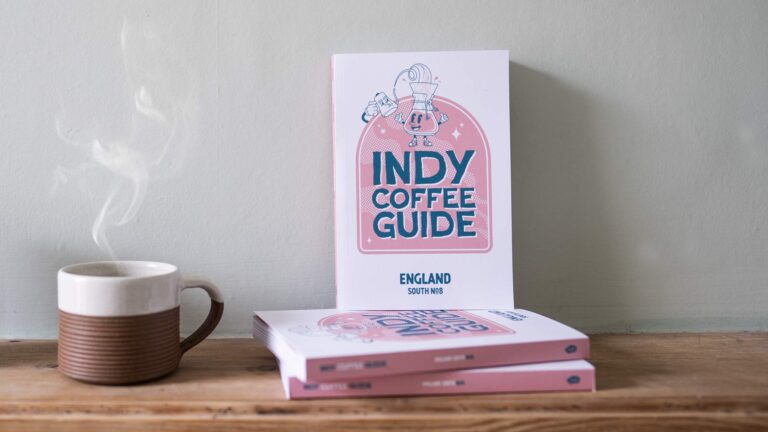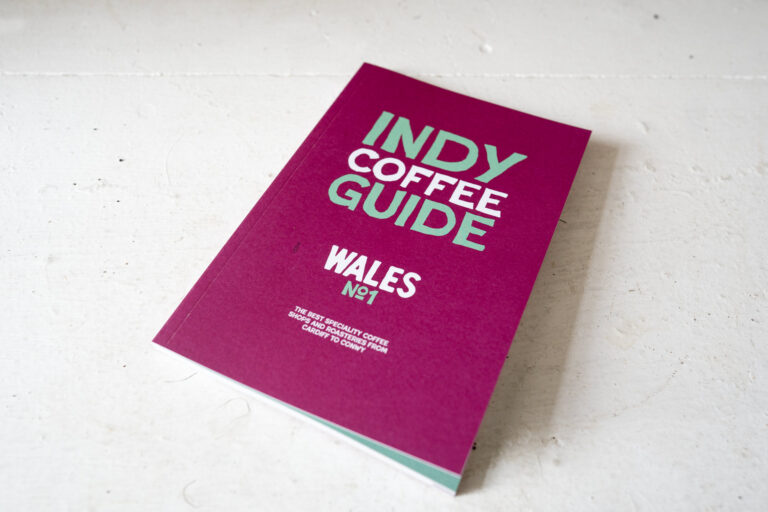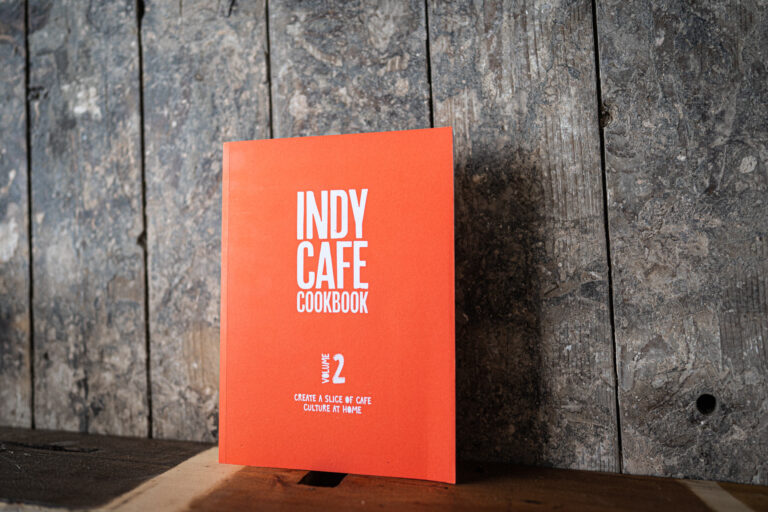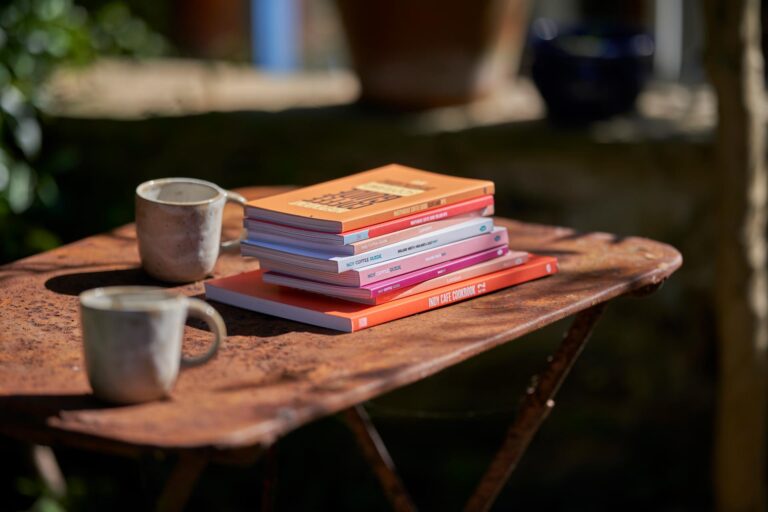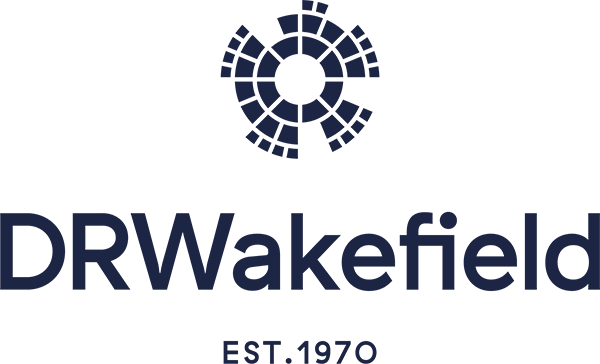Sustainable Champions: Yallah Coffee
Just who should be responsible for coffee practices being sustainable? We explore the issue with Richard Blake, founder of Cornwall’s Yallah Coffee
Just who should be responsible for coffee practices being sustainable? In the next instalment of our Sustainable Champions series – in association with KeepCup – we explore the issue with Richard Blake, founder of Cornwall’s Yallah Coffee
Give us the low-down on Yallah Coffee
After roasting at Extract Coffee, I left Bristol in 2014 to set up my own roastery in Cornwall. I started Yallah on a tiny roaster that I’d refurbished, selling coffee at the weekend at farmers’ markets and local food events.
Six years later and my business partner Phil and I employ six people full time at the roastery near Falmouth. Half of the coffees we roast are directly sourced from farms in Brazil and Nicaragua. While we use an importer to facilitate, we’re involved in the whole process from start to finish.
Do you believe the future of speciality will be greener?
It must, otherwise it won’t exist. There are a lot of people doing great things, but we can’t be naïve to the fact that the speciality industry is in a precarious position. The next ten years will be pivotal for coffee – it’s a delicate plant and we still don’t know exactly how it will be affected by climate change.
As a roaster, there are a number of things that worry me. In the last few years we’ve seen diseases ravage crops and droughts devastate yields. If this continues it will change the landscape of speciality coffee, pushing up the prices through scarcity and making it an exclusive product. This goes against everything we’ve fought for ie to make it accessible to everyone. However, there are positive actions being taken in the industry: there’s a lot of varietal research and strain development going on from the likes of World Coffee Research, which is promising.
How has your roastery adapted to becoming more sustainable?
From the early days of Yallah, we’ve done everything we can to reduce our carbon footprint. From the beginning we’ve calculated our carbon emissions and offset them via a charity called Trees For Life which plants native trees in Scotland.
In addition, we’ve made great efforts to reduce our resource expenditure: we have a biomass boiler which produces all our heating and hot water, as well as solar panels which generate pretty much all of our energy. We also have a zero-landfill policy and all our by-products – including all our packaging – are used by a local perma-culture farm.
Our next project is to refurbish a new roaster and turn it from using propane gas as its energy source to electricity, which we’ll generate ourselves.
Has there been pressure on the business to become more environmentally-conscious?
Not really; the pressure we’ve felt has come from ourselves.
KeepCup has a vision of a disposable-cup-free world. Is it possible?
As consumers become more aware of sustainability, the big companies are going to have to become more responsible. It’s all well and good that small roasteries and independent coffee shops are making a change, but on a grand scale that doesn’t make a lot of difference. Coffee is the second biggest commodity in the world and we need the big players onboard if things are to change.
